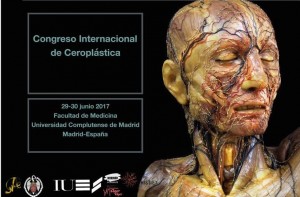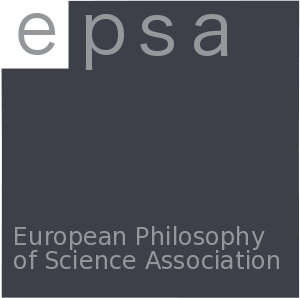Jornadas de Historia de la Psicología: Investigación y Enseñanza
1 y 2 de agosto de 2017, Facultad de Psicología, UNAM (Ciudad de México)
La historia de la psicología es un campo de actividad que ha crecido sistemáticamente en la mayoría de los países de América Latina durante las últimas tres décadas. Si bien se reconoce la difusión de múltiples producciones históricas a lo largo de todo el siglo XX, a partir de la década de 1980 se formaliza un trabajo sistemático en el área de la historia de la psicología, con la organización de equipos de trabajo, el diseños de proyectos de investigación, la formación de recursos humanos, la elaboración de tesis de grado y posgrado, la publicaciones de obras históricas, la edición de revistas especializadas, la concreción de eventos temáticos, la organización de archivos, catálogos y museos, entre otros.
En México, como en muchos otros países de la región, las actividades históricas relacionadas con la psicología tuvieron un notable boom productivo durante la década de 1980, y continuaron vigorosamente en la década de 1990. Lamentablemente aquel impulso inicial no logró sostenerse en el tiempo y las actividades se fueron debilitando hasta volverse prácticamente muy marginales, con producciones esporádicas por parte de algunos autores. La propuesta de estas jornadas cumple con el objetivo de recuperar aquella tradición de estudios y producciones que se forjó en México hace más de tres décadas, reconectado a los colegas que han trabajo en el área y aún siguen publicando contenidos históricos.
Seguir leyendo Recuperando saberes y prácticas psicológicas en México y América Latina



